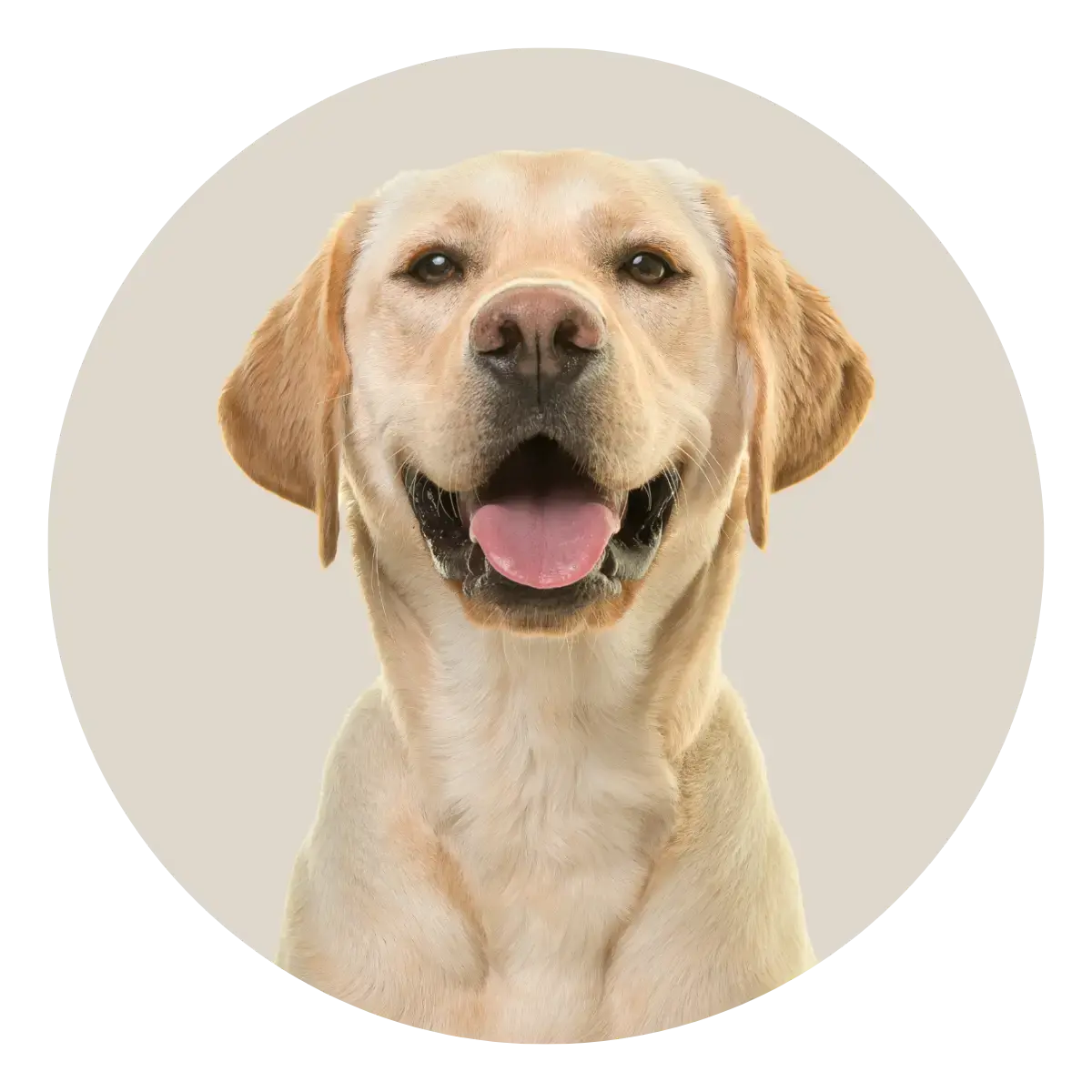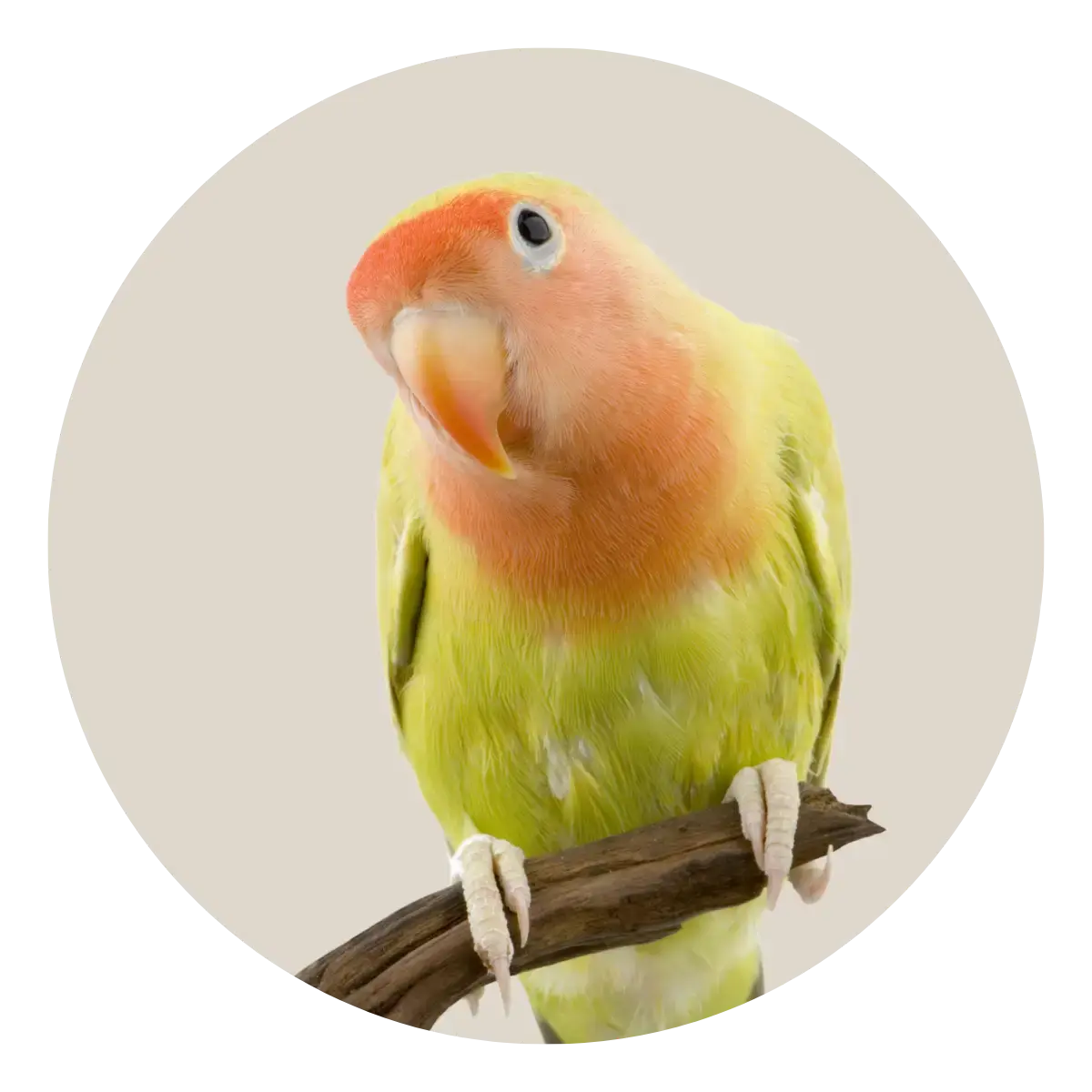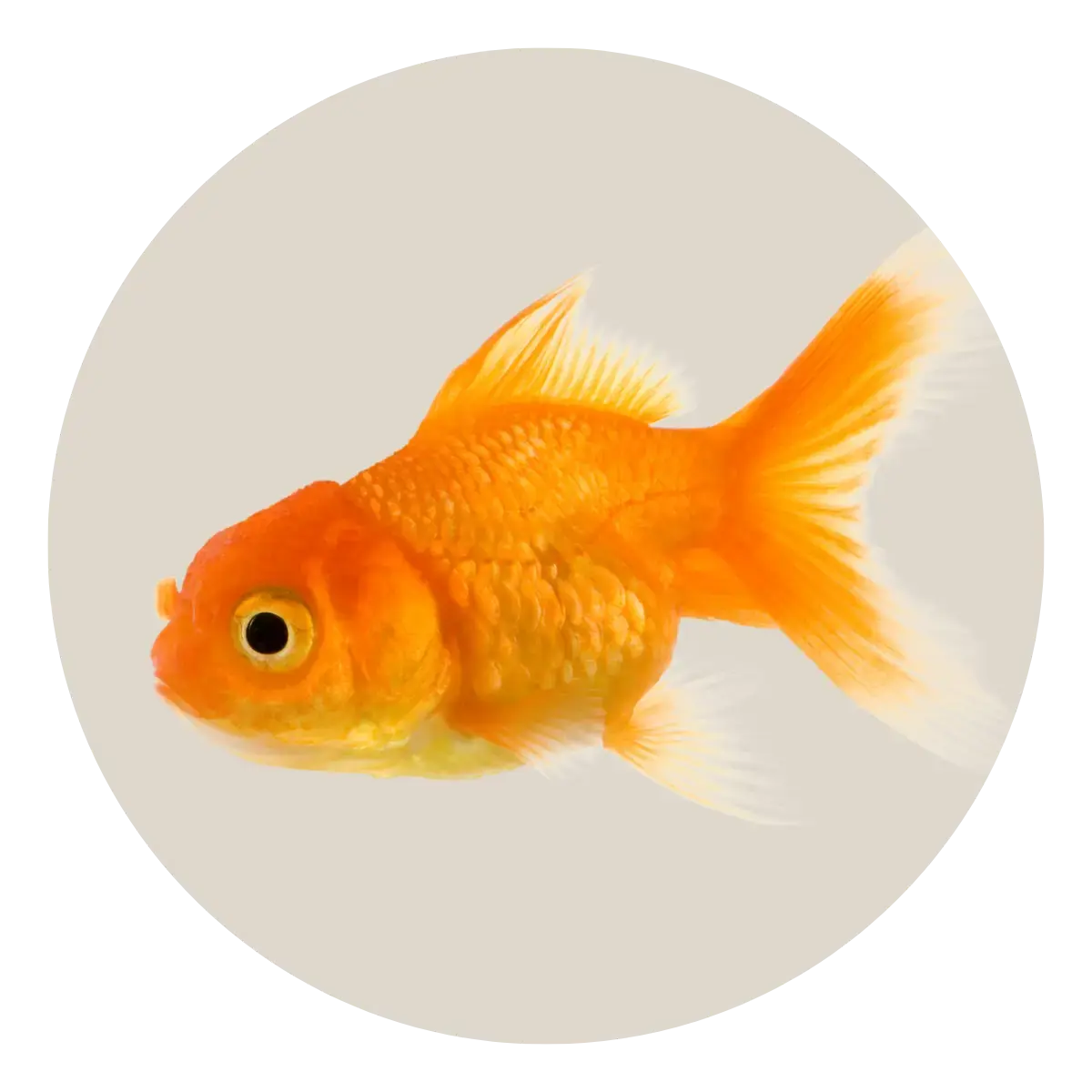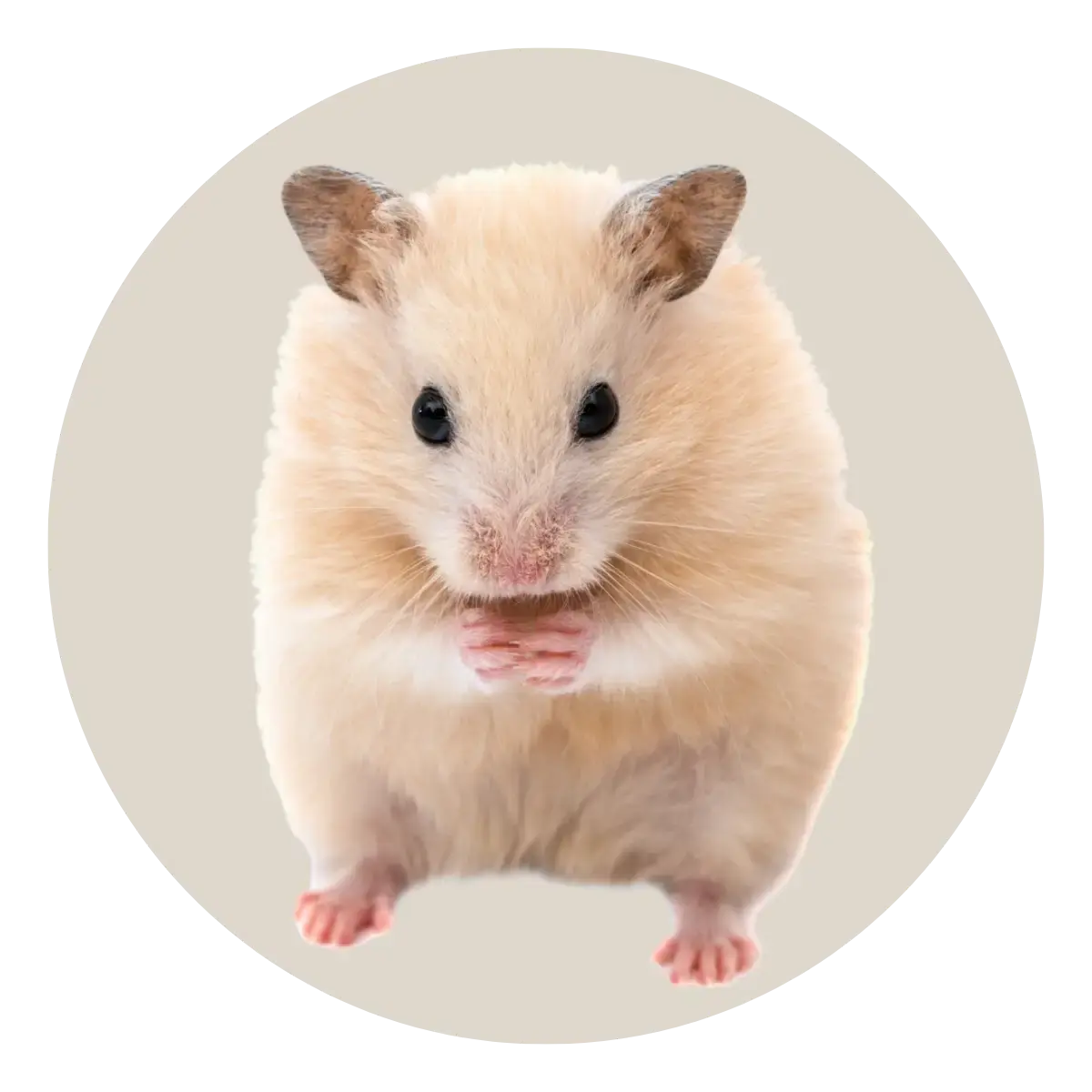As pet owners, we strive to provide the best care for our furry friends. However, despite our best efforts, pets can develop bad eating habits that may impact their health and well-being. These habits can range from picky eating to overeating or even consuming inappropriate items. Fortunately, there are products available that can help address these issues and promote healthier eating behaviours.
The Problem: Common Bad Eating Habits in Pets
1. Picky Eating
Some pets, particularly cats, can be notoriously picky eaters. They may refuse certain foods or flavours, making it challenging to ensure they receive a balanced diet.
2. Overeating
Overeating can lead to obesity, which poses a host of health problems for pets, including diabetes, joint issues, and heart disease. Dogs, in particular, are prone to eating more than they need if food is readily available.
3. Eating Too Quickly
Pets that eat too quickly can suffer from digestive problems, including choking, vomiting, and bloat, a severe condition that can be life-threatening, especially in dogs.
4. Eating Inappropriate Items
Known as pica, this habit involves pets eating non-food items such as socks, toys, or even household plants. This can lead to serious health risks, including intestinal blockages and poisoning.
The Solution: Products to Address Bad Eating Habits
1. For Picky Eaters
Meat Based foods: Such as those made from high-quality proteins like chicken, beef, or fish, are often more palatable to pets, enticing even the most finicky eaters. See brands like Orijen and Acana
Rotational Feeding: Involves regularly switching between different flavours and types of food, preventing boredom and encouraging a more varied and balanced diet. The Acana Singles Range is a good option as the protein levels remain the same while the protein source varies.
Toppers: Are flavourful additions sprinkled over regular meals that can enhance the taste and aroma of the food, making it more appealing. Try Acana or Orijen's Freeze-Dried treats. They are suitable for sprinkling and are loaded with goodness and full of natural flavour
Wet Food: Adding wet food to your pet's kibble is a useful tool for picky eaters because it enhances the meal's flavour and texture, making it more appealing and easier to consume. See our wet food options for dogs and for cats.
2. For Over-eaters
Weight Conscious Foods: Weight-conscious foods can help over-eaters by providing balanced nutrition with fewer calories, which helps manage their weight without leaving them feeling deprived. See for dogs and cats.
Automatic Feeders: Devices like the Surefeed Microchip Pet Feeder help control portion sizes for your cats and ensures that prescription food is consumed by the right cat in multi cat households. Great for cats on weight management diets.
Interactive Feeders and Puzzle Toys: Make pets work for their food, slowing down their eating and preventing overeating. See for dogs and cats.
3. For Pets That Eat Too Quickly
Slow Feed Bowls: Bowls designed with ridges and mazes, such as the these, slow down eating, reducing the risk of digestive issues.
Food Puzzles: Similar to over-eaters, pets that eat too quickly could benefit from using food puzzles to make mealtime more engaging and to slow down their eating. This is effective for both cats and dogs.
4. For Pets That Eat Inappropriate Items
Deterrent Sprays: Products like Earthbath No Chew Spray - Bitter Apple can be applied to objects to deter pets from chewing or eating them.
Chew Toys: Providing a variety of appropriate chew toys, such as these from Nylabone, can redirect their chewing behaviour to safe items.
Bad eating habits in pets can be challenging, but with the right products, these issues can be effectively managed. By addressing picky eating, overeating, fast eating, and inappropriate consumption, you can help your pet develop healthier eating behaviours, leading to a happier and healthier life. Remember to consult with your veterinarian before making significant changes to your pet’s diet or introducing new products, ensuring the solutions you choose are safe and suitable for your furry friend.






